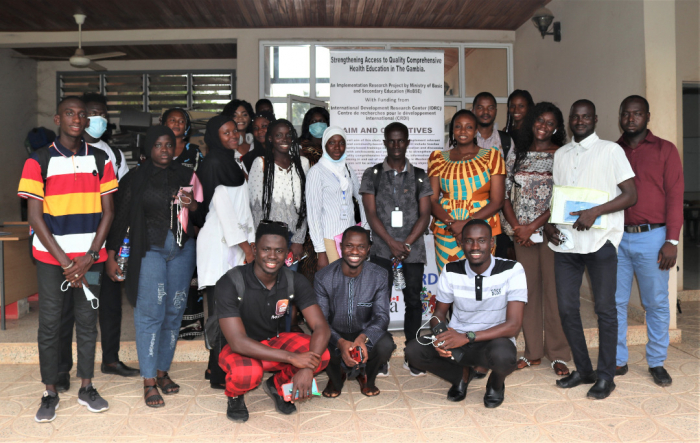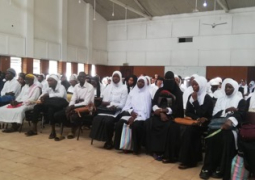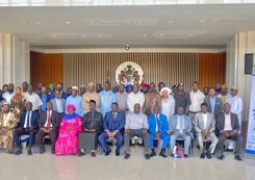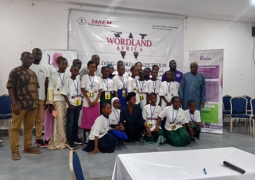
The study is to design and implement relevant school and community-based programs that will include teacher and community-based trainings on sexuality education and discussion sessions with adolescents and youth networks to strengthen access to quality comprehensive health education, formation and services among in and out of school adolescents in Region 1.
The study also seeks to effectively engage key stakeholders, including opinion leaders and school boards regarding the current evidence related to ASRH, in order to improve community and school understanding and Acceptance of the need to support the teaching of sexuality education.
According to Phebian Ina Grant, a researcher, the critical youth sexual and reproductive health had led to the reorientation of the Population and Family Life Education (POP/FLE) with the adoption of new international standards promoting a Comprehensive Sexuality Education in 2017.
“The study has also resulted in the development of a Curriculum Framework on CSE by the Curriculum Directorate of the Ministry of Basic and Secondary Education (MoBSE). The Curriculum Framework comprises various themes such as: Bodies, Puberty and Reproduction; Interpersonal Relations and Communication; Society and Culture; Factors of Vulnerability; Sexual and Reproductive Health; Gender; Human Rights for sexual and reproductive health and well-being, Guidance and Counselling.”
Momodou Jeng, director of Education for Region One, said the country has had cases of baby dumping, STIs, saying ‘we’ve also seen issues related to a lot of complication’, something that is affecting the adolescence schools.
“When we started the engagement, we realised that a lot of people are developing interest because they live within such challenges and they have no one to turn to.”
Jeng expressed gratitude to the International Development and Research Centre for supporting the initiative, adding that the research on Comprehensive Health Education focuses on Kanifing and Banjul communities.
The programme, he added, targets 43 upper basic and senior secondary schools within region one.
“The issues around Comprehensive Health which includes reproductive, STI and other health related matters is necessary to start looking into how properly we integrate them into the school’s curriculum.” he said.





